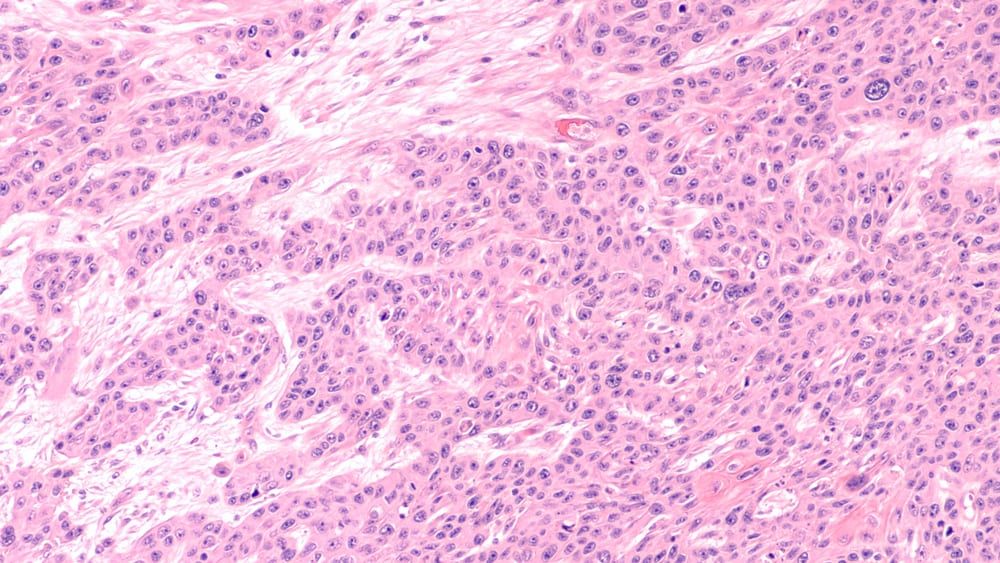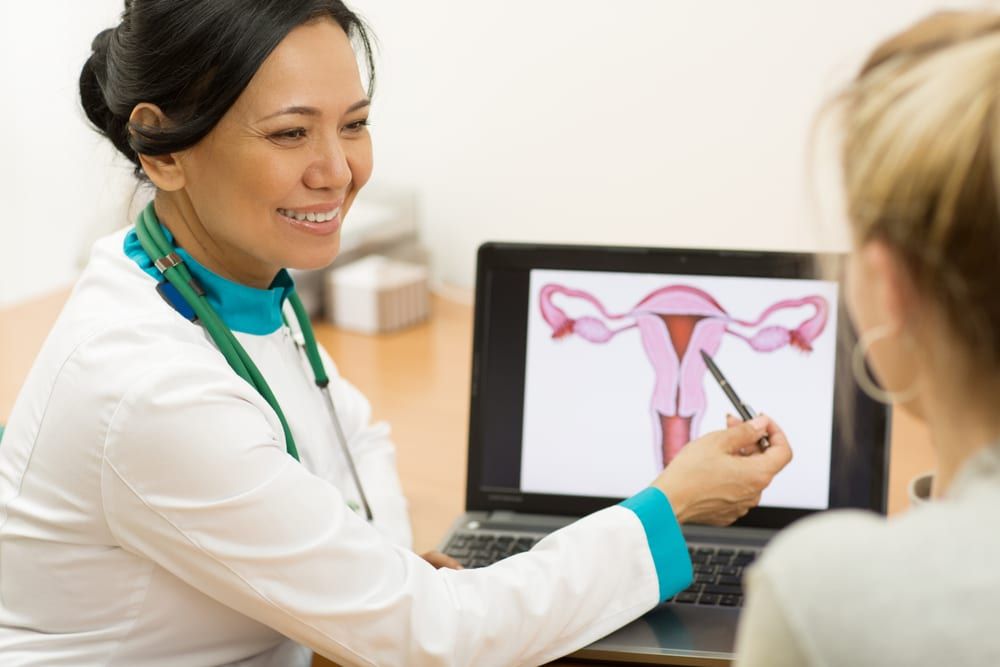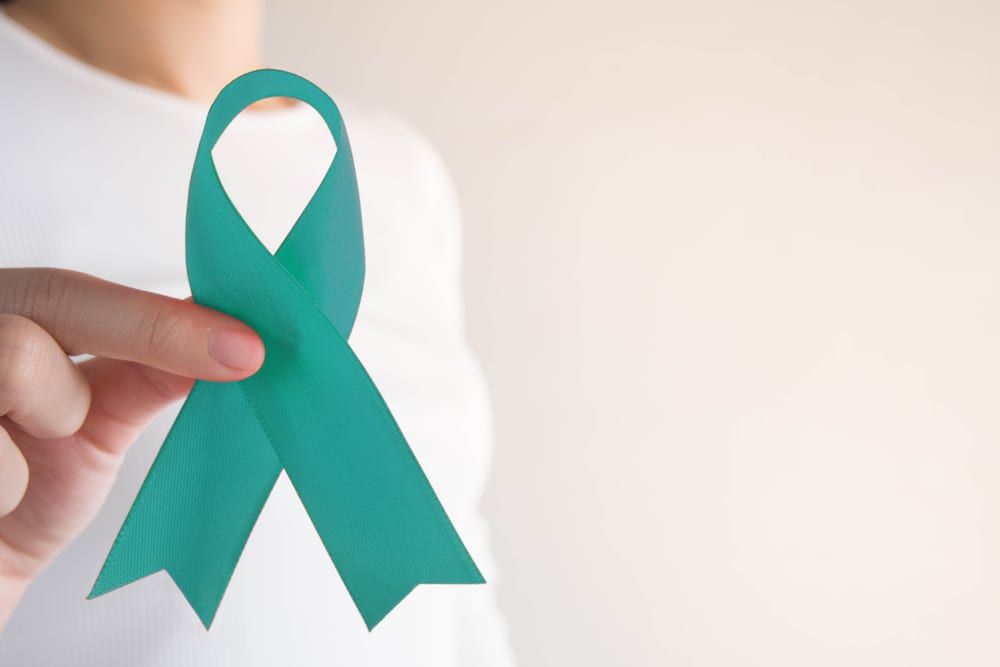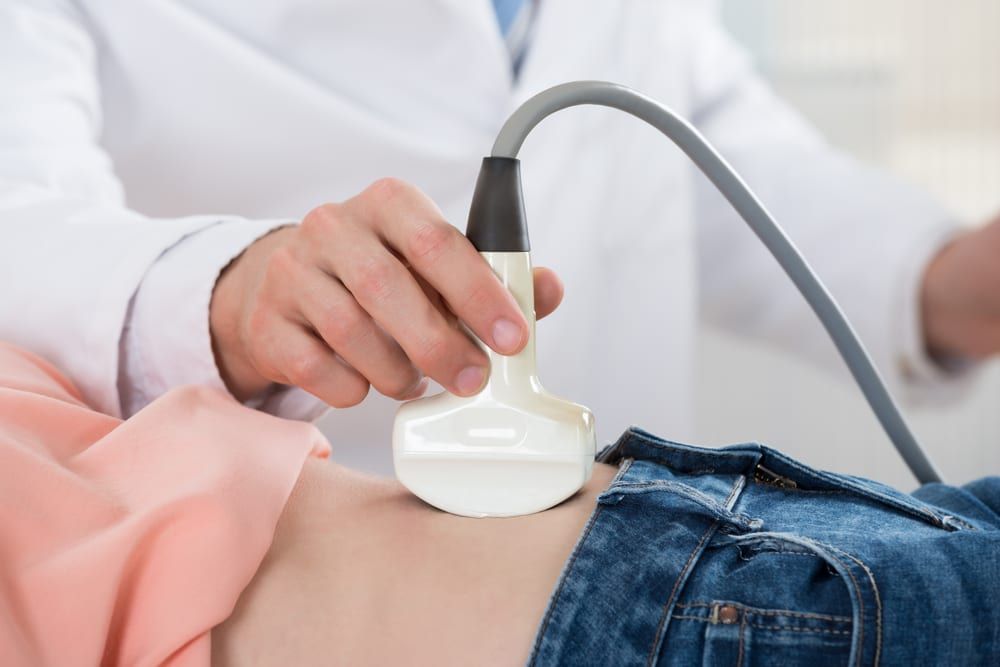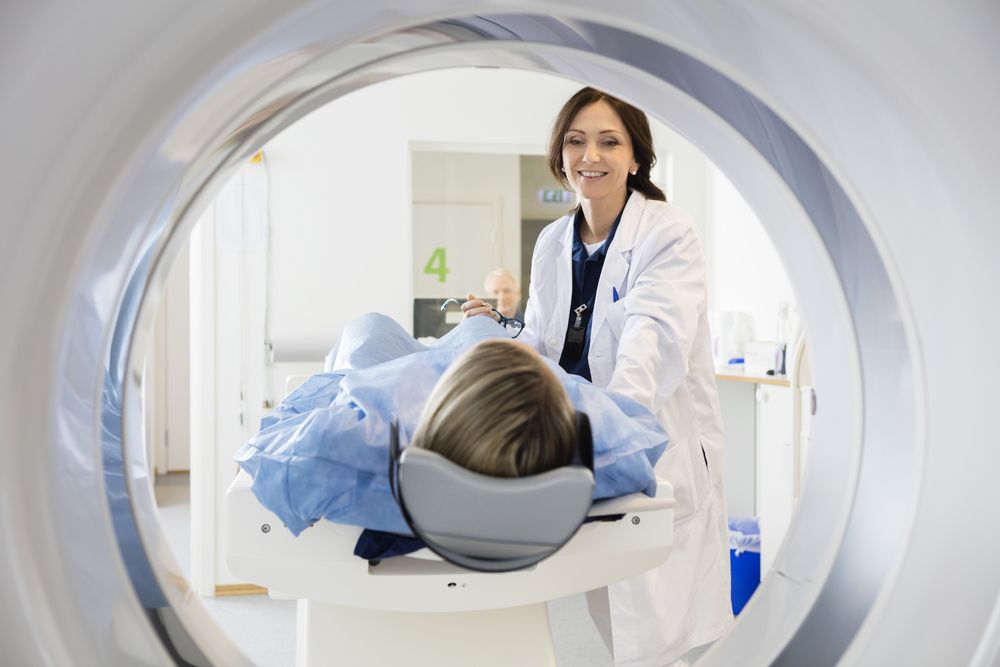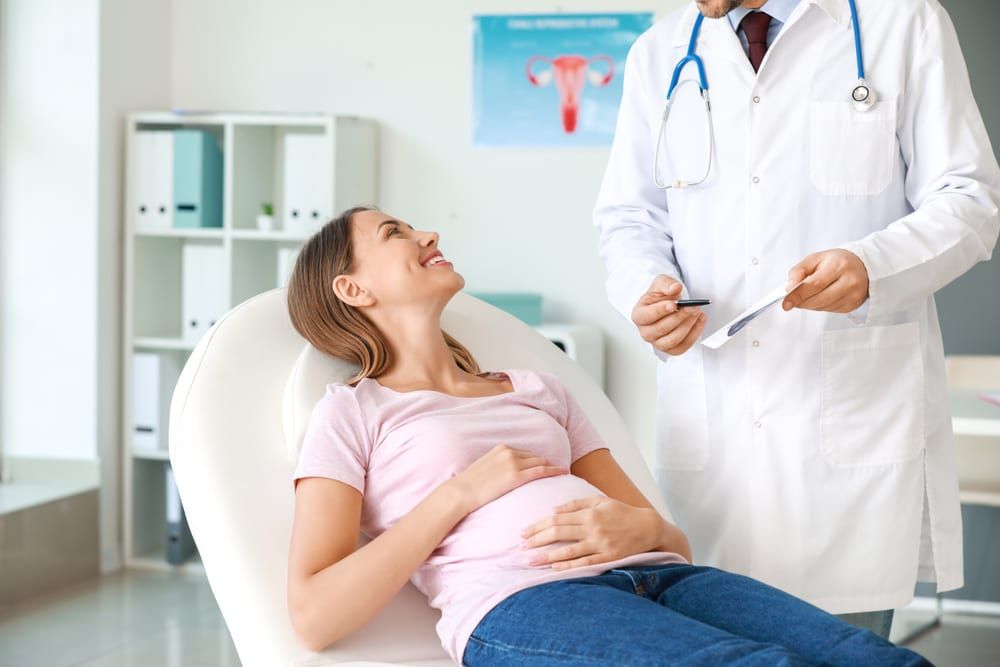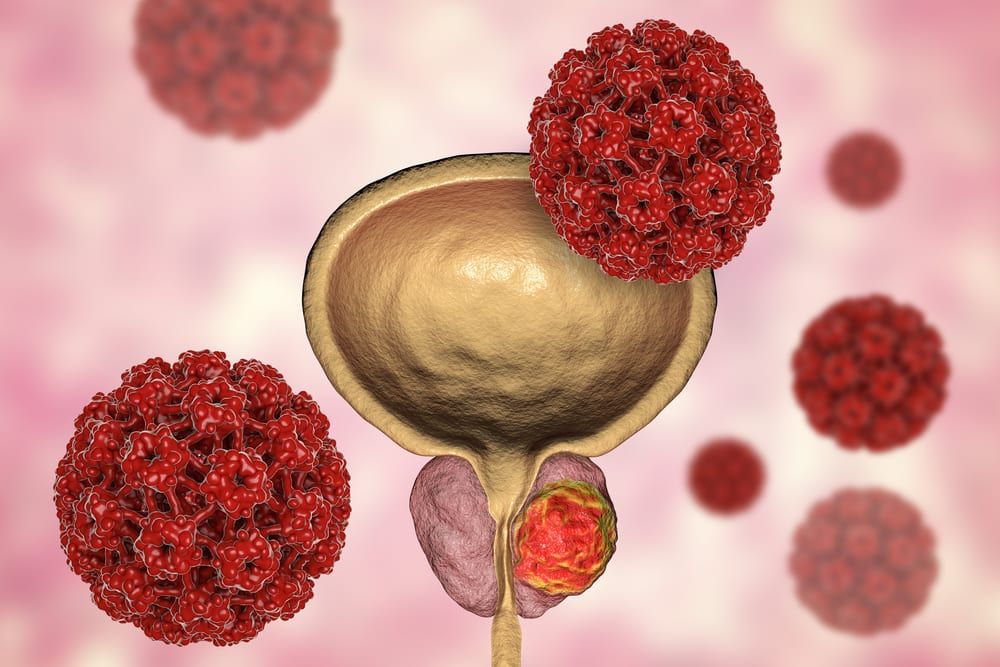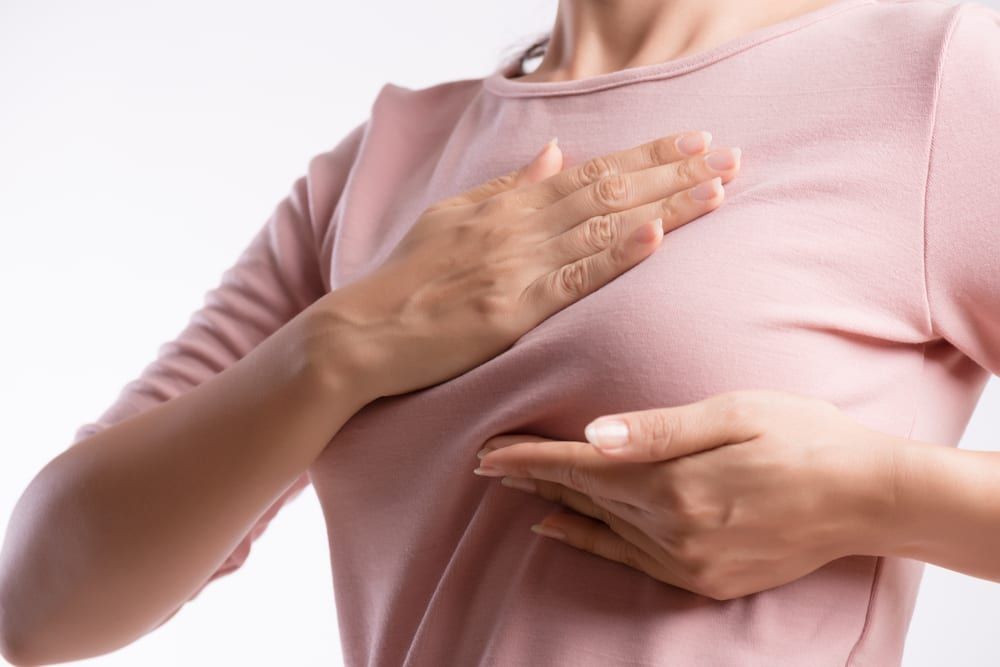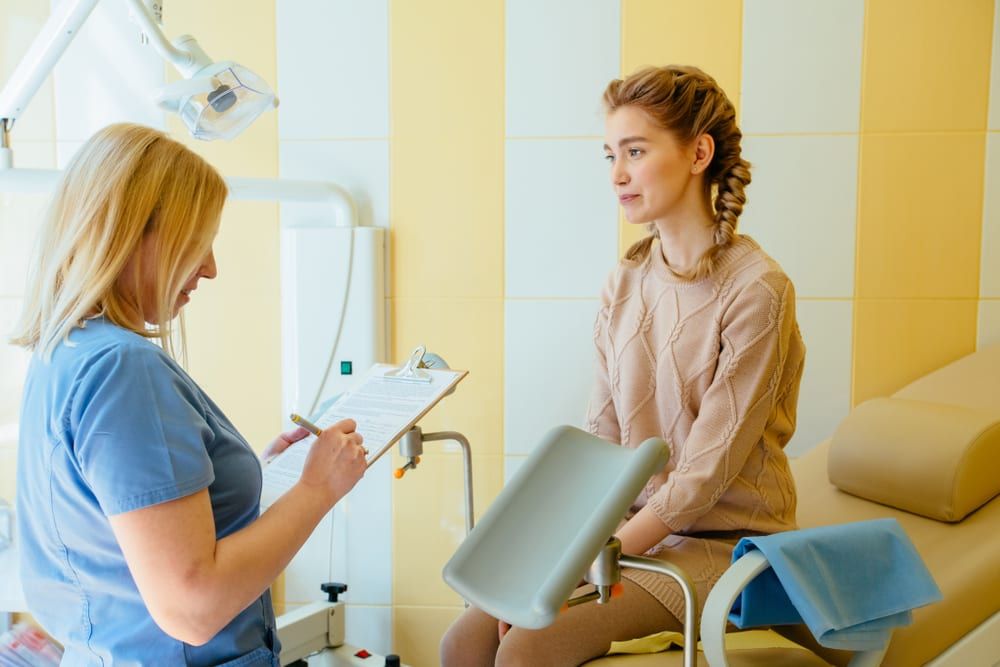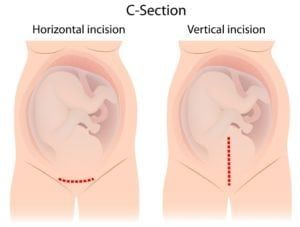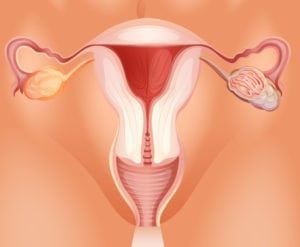One of the forms of cancer unique to female-bodied patients is cervical cancer, affecting the portion of the uterus where it transitions to the vagina. Over 570,000 people are diagnosed with cervical cancer every year all over the world, with 311,000 dying from this terrible disease.
Am I At Risk For Cervical Cancer?
Those who are above the age of 30 are the most at risk for developing this disease, but it is not unheard of in patients under 20 years of age. Those most at risk are those who have not been vaccinated against HPV, and who are sexually active. Almost everyone that is sexually active have been exposed to one or more of the 100 different strains of HPV. Two of these strains, HPV16 and HPV18, are associated with cervical cancer. Those who have passed through menopause are still at risk for cervical cancer. Other factors that increase your risk include:
- Immune System Deficiency: Those female-bodied persons who have compromised immune systems are more likely to develop this cancer.
- Herpes: Patients with herpes are more likely to develop this disease.
- Oral Contraceptives: Research suggests that hormone-based contraceptives increase the risk of HPV.
- Smoking: Those who smoke are twice as likely to develop cervical cancer than those who don’t.
What Are The Symptoms of Cervical Cancer?
In its earliest stages, cervical cancer can appear without any symptoms or signs that indicate its presence. As it advances, symptoms may begin to appear that can alert you to its presence. These symptoms include:
- Painful intercourse
- Pain in the pelvis
- Discharge from the vagina that is bloody, heavy, or has a foul odor
- Bleeding between periods, after intercourse, or after menopause
If you are experiencing any of these and believe that you may have cervical cancer, call our offices immediately.
What Can I Do To Prevent Cervical Cancer?
While nothing can eliminate your risk of cervical cancer, there are steps you can take to reduce your risk or catch it early. These include getting an HPV vaccine that will help protect you against this virus, and quitting smoking if you do. Routine pap smears are a critical prevention technique, as pre-cancerous cells may be identified as part of this test. It’s also important to practice safe sex as STIs can increase your risk of developing cervical cancer.
How We Can Help With Cervical Cancer Concerns
Our clinic is dedicated to providing comprehensive women’s health care, including the identification and treatment of cervical cancer. By seeking care with our specialists, you get the benefit of receiving care at the hands of a team that knows your medical history thoroughly. No referrals are necessary; you can receive all your treatments in the same office. This affords you the best chance of tackling this disease and making a full recovery.
If you’re concerned, you may be exhibiting symptoms of cervical cancer, or just want to schedule your next annual exam, call us today. Our friendly staff will prepare you for your appointment to ensure you can focus on your concern, not paperwork. Catching cervical cancer early is your best chance of beating this disease, so don’t wait to schedule with us!


